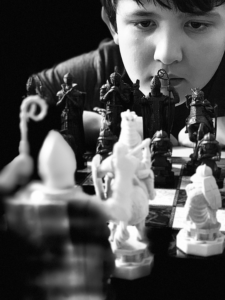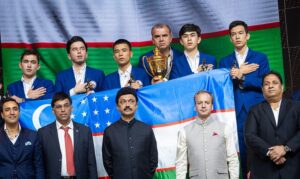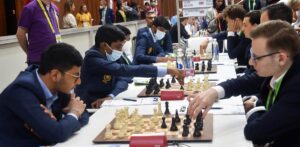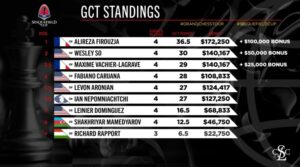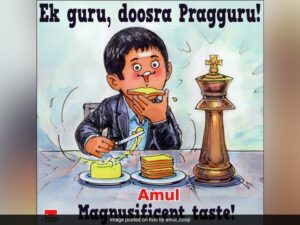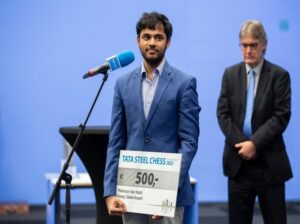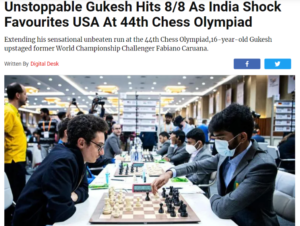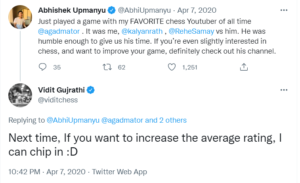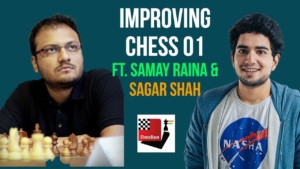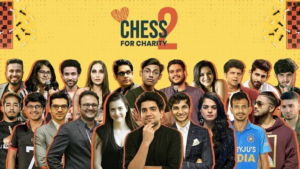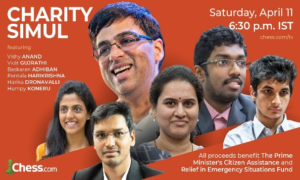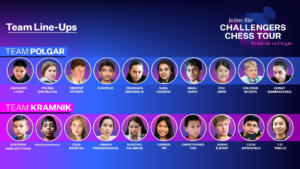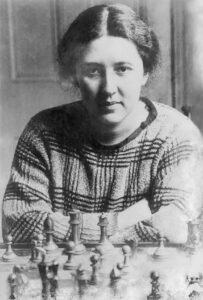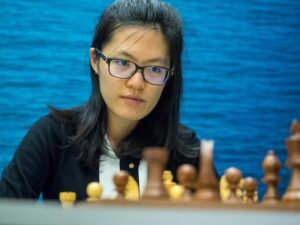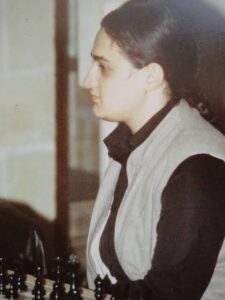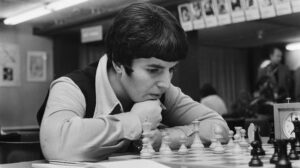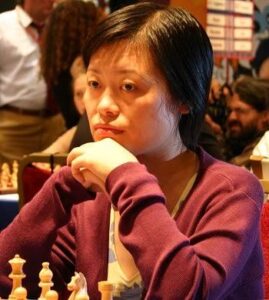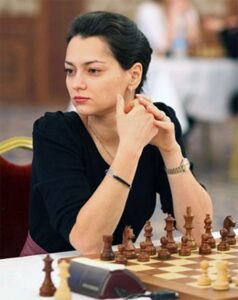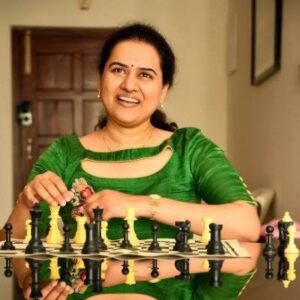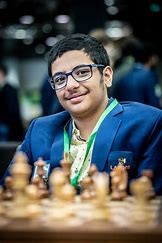Chess is a world-famous indoor game. Chess is a very ancient game. According to history, it was invented in India. We all know that chess is a game of mind and requires a high level of IQ and a calm mindset. It is very easy to learn how to play chess, but perfection needs years. There are very few people in the world who can play it in a very efficient manner. Let’s have a look at the below list of the 10 strongest players of chess in 2022.
1. Magnus Carlsen
The best and strongest Chess player in the world. He is at the top of the position in Fide Ranking with a standard rating of 2864.
Full Name = Sven Magnus Oen Carlsen
DOB = 30th November 1990
Birth Place = Tonsberg
Nationality = Norway

He started his journey in chess at the age of 5. In the beginning, he was not so interested in chess because he liked solving jig-show puzzles and some other tricky games. When he was just 2 years old, he was more advanced in calculation and learning data than contemporary 14-15 old boys. After that at the age of 5, he started chess with the guidance of his father. In chess, his strong data learning and calculation power helped him to manage steps. Moving forward with practice, he became the Youngest Chess Grandmaster at the age of 13 in 2004. He is the world’s strongest chess player since 2011. He scored 1st place in 2011 and has still not been defeated by any other player. He is 31 years old and continues playing chess with a winning trend.
2. Ding Liren
The second strongest chess player in the world according to Fide Rating. After Carlsen, Ding has the highest standard rating, 2806, giving him 2nd rank in the chess world.
Full Name = Ding Liren
DOB = 24th October 1992
Birth Place = Wenzhou, Zhejiang
Nationality = China

He started his chess journey at the age of 4 when his mother took him to a famous chess club in Wenzhou. Where he got guidance and mentorship from the best chess player of all time or the coach of the famous Zhu Chen, world women’s chess champion. He started his journey to winning in 2003 when he participated in the U-10 and U-12 championships. At the age of 16, he became a World-class chess player with the title of Grandmaster in 2009.
3. Alirez Firouja
The 3rd strongest chess player in the world has a standard rating of 2793 by FIDE. This French Chess player won the title of Grandmaster of Chess in 2018.
Full Name = Alireza Firouja
DOB = 18th June 2003
Birth Place = Babol(Iran)
Nationality = France ( since 2021)

Firouja started his chess journey when he was 8. After a few years, he became well known all over the world. In 2015, he was the Gold Medalist in the U-12 Asian Youth Chess Championship. Moreover, in 2016, he won the title of International Master. Finally, he secured the title of Chess Grandmaster at 15 in 2018.
4. Fabiano Caruana
On the list of Fide Rating, Fabiano is the 4th strongest Chess player on earth with a standard rating of 2783.
Full Name = Fabiano Luigi Caruana
DOB = 30th June 1992
Birth Place = Miami, Florida
Nationality = USA

He had a deep interest in chess and started playing chess at the age of 5, in New York. He took his primary guidance from Bruce Pandolfini. In 2002, he became FIDE Master. After that with continued progress in FIDE Rating, he won the title of International Master in 2006.
One year later, he again became the topic of headlines when he achieved the highest achievement of his life, the title of Chess Grandmaster at the age of 14 years.
5. Levon Aronian
The American-Armenia chess player is at 5th position on the list of World Strongest Chess players. He has scored a 2775 Standard rating by FIDE.
Full Name = Levon Grigori Aronian
DOB = 6th October 1982
Birth Place = Yerevan (Armenia)
Nationality = USA

He started his chess career when he was 9 years old in 1991. He got coaching from his sister and GM Melikset. He had a deep interest in chess and became a successful player very soon. His first win was the U=12 Championship, which was held in 1994. He won the title of Grandmaster in 2000.
6. Wesley So
Wesley is the 6th strongest chess player in the world. In the FIDE rating, he scored a standard rating of 2774.
Full Name = Wesley Barbossa So
DOB = 9th October 1993
Birth Place = Bacoor, Cavite ( Philippines)
Nationality = USA

Wesley started participating in chess tournaments when he was just 9 years old. In 2003, he participated in the Philippines National Chess Championship and scored first position in the U-10 section. After that, he never looked back and achieved the peak in his career. In 2004, he was titled with FIDE Master. Two years later, he became the International Master. In 2008, he achieved the highest achievement of his life the title of Chess Grandmaster.
7. Ian Nepomniachtchi
The Russian chess player is the 7th strongest Chess player in the world according to the FIDE rating. At present his Elo rating in standard is 2766.
Full Name = Ian Alexandrovich Nepomniachtchi
DOB = 14th July 1990
Birth Place = Bryansk
Nationality = Russia

He has been very fond of chess since childhood and started playing chess and took participating in local tournaments. During the time period from 2000 to 2002, he won 3 straight European Championship Trophies. He scored the title of International Master in 2004 and after 3 years, he won the greatest position in Chess, The Grandmaster Title.
8. Richard Rapport
Richard is the 8th strongest player on the basis of FIDE rating and world ranking. His Elo rating for the standard is 2764.
Full Name = Richard Rapport
DOB = 25th March 1996
Birth Place = Szombathely
Nationality = Hungary

He started chess at the age of 4. With good guidance and practice, he made his first victory when he won the European Championship at that time Richard was just 9 years old. After that, in 2008 he became FIDE Mater. For the next consecutive years, he won International Master and Grandmaster.
9. Anish Giri
Anish is at 9th position in the world ranking by FIDE. He has been on the list of the strongest chess players in the world since 2009.
Full Name = Anish Kumar Giri
DOB = 28th June 1994
Birth Place = Saint Petersburg (Russia)
Nationality = Netherland

His FIDE rating is 2761. He learned about chess at the age of 6, but within 5 years he scored std. 2100 FIDE rating. In 2007, he participated in and won many Junior Chess Events in Russia. 2 years later, he earned the title of Grandmaster. At that time, he was the youngest grandmaster in the world.
10.Maxime Vachier-Lagrave
Vachier is a French chess player, featuring at 10th rank in the list of World Strongest Chess Players in the world. His current FIDE rating is 2760.
Full Name = Maxime Vachier-Lagrave
DOB = 12st October 1990
Birth Place = Nogent-sur-Marne
Nationality = France

Vachier’s relationship with chess began when he was 4 years old. In childhood, he got a gift on the eve of Christmas from a relative, and that was his primary move toward chess. His non-stop winning journey started in 1997 when he won four consecutive chess Championships. In 2004, at the age of 13, Vacheir earned the title of International Master. In the next year, in February 2005, he achieved the biggest goal of his career, The Grandmaster.
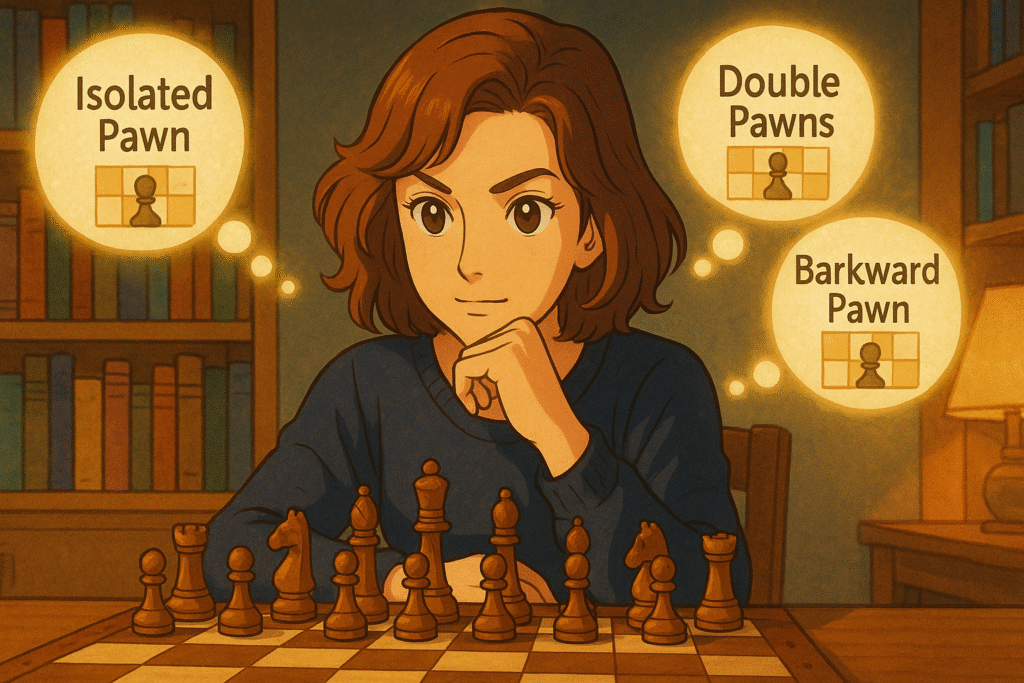

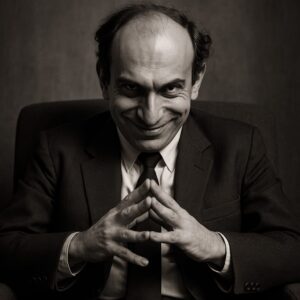

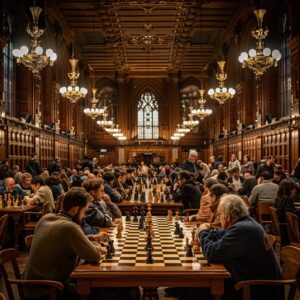
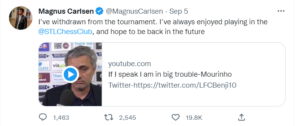


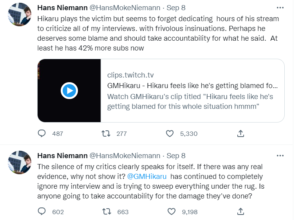


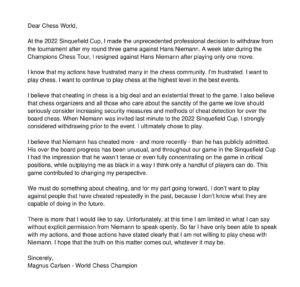
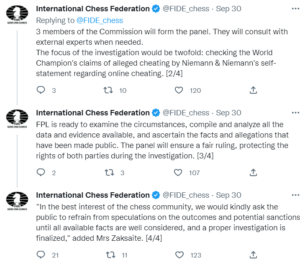
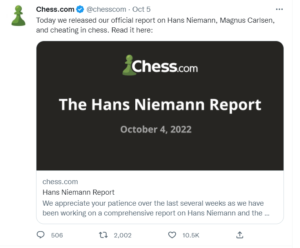
 Source: Hans Niemann Twitter
Source: Hans Niemann Twitter






